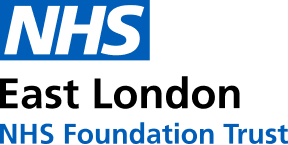We are a multidisciplinary team consisting of specialists in Psychosomatic Medicine and Body Oriented Psychological Therapy.
Our aims are to:
-
Conduct comprehensive clinical assessments
-
Provide psychoeducation sessions for service users
-
Combine the elements of body-oriented group therapy, personalised care and cognitive-behavioural psychoeducation according to service user preferences and clinical assessments
-
Educate fellow clinicians on how to meet the needs of persons with Medically Unexplained Symptoms (MUS) or Body Distress Disorder (BDD)
-
Help patients to develop a holistic perspective towards their condition and related health care, aiming to improve coping / disease management skills and reducing the burden of physical health complaints reported
The project is led by Professor Frank Röhricht, Consultant and Medical Director at the Trust who is engaged in local and national initiatives, looking to develop and support a network of interested clinical staff in order to better understand the options available to deliver a high quality and clinical/cost effective service to patients who present with MUS/BDD.

